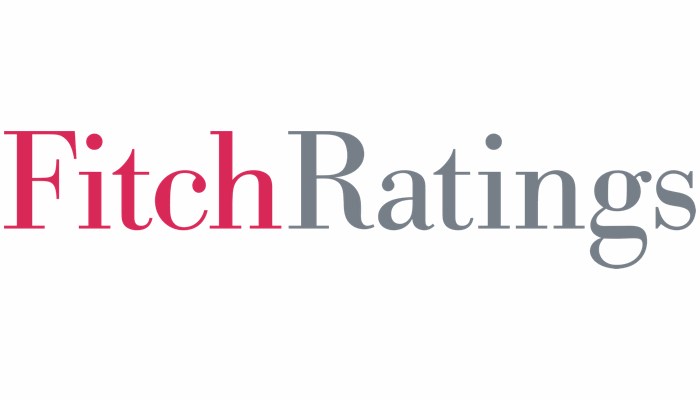In a recent report, Fitch Ratings has warned that the increasing premiums and reduced availability of homeowners’ property insurance in California and Florida could have far-reaching effects on housing markets, development activities, overall economic growth, and local government tax bases over time.
 This situation arises as insurers re-evaluate their exposures in areas prone to catastrophic events due to mounting losses and escalating building and reinsurance costs.
This situation arises as insurers re-evaluate their exposures in areas prone to catastrophic events due to mounting losses and escalating building and reinsurance costs.
According to data from the Insurance Information Institute and Aon, there were 119 natural catastrophes in 2022, resulting in $98.8 billion in insured property losses, a significant increase from 2021’s 103 catastrophes costing $93.3 billion.
This surge in losses contrasts with the average of $62.1 billion (adjusted for inflation) over the previous eight years.
Notably, average homeowners’ insurance premiums surged by 11% in Florida in 2020, reaching $2,165, the highest in the country, and increased by 16% from 2018 in California.
In response to these challenges, some major insurers, including State Farm, Allstate, and Farmers, have announced the cessation of issuing new home insurance policies in California.
Similarly, several insurers in Florida have reduced or discontinued coverage, with seven entering liquidation in the past 18 months.
The Florida Insurance Guaranty Association has also approved a 1% emergency assessment to cover claims following the liquidation of United Property & Casualty Insurance Company.
Consumers facing non-renewals may turn to state insurers of last resort, such as California’s Fair Access to Insurance Requirement (FAIR) Plan Association or Florida’s state-owned Citizens Property Insurance Corporation. However, the rates offered by these entities are typically higher than standard property insurance policies.
Florida’s Citizens Property Insurance Corporation, the state’s largest insurer with over 1.3 million policies, has proposed an average rate increase of 12.6% for homeowners’ multiperil policies, and the Florida Hurricane Catastrophe Fund may also levy assessments on insurance policies to cover increased claims, putting additional pressure on policyholders.
The potential consequences of these developments include delayed or incomplete recovery following natural disasters due to under-insurance or non-insurance issues.
High-risk areas may also face a shrinking tax base if damage from hurricanes or wildfires leads to permanent relocations or hinders efforts to attract new residents.
Although Fitch Ratings has not yet observed these effects, it highlights the potential for increased pressure on housing demand as natural disasters become more frequent, and insurance markets turn to costly last-resort options or impose higher assessments.
To address these challenges, policymakers have introduced measures aimed at supporting the sustainability of the property insurance market. Florida’s legislature has passed bills to reduce insurance litigation, enhance claims processing, and contain Florida Citizens’ insured base.
In California, discussions are underway regarding the use of catastrophe models by insurance companies to estimate potential losses and inform rate setting. These policy actions are seen as crucial to supporting housing markets and long-term economic growth prospects.


